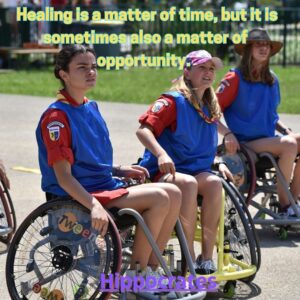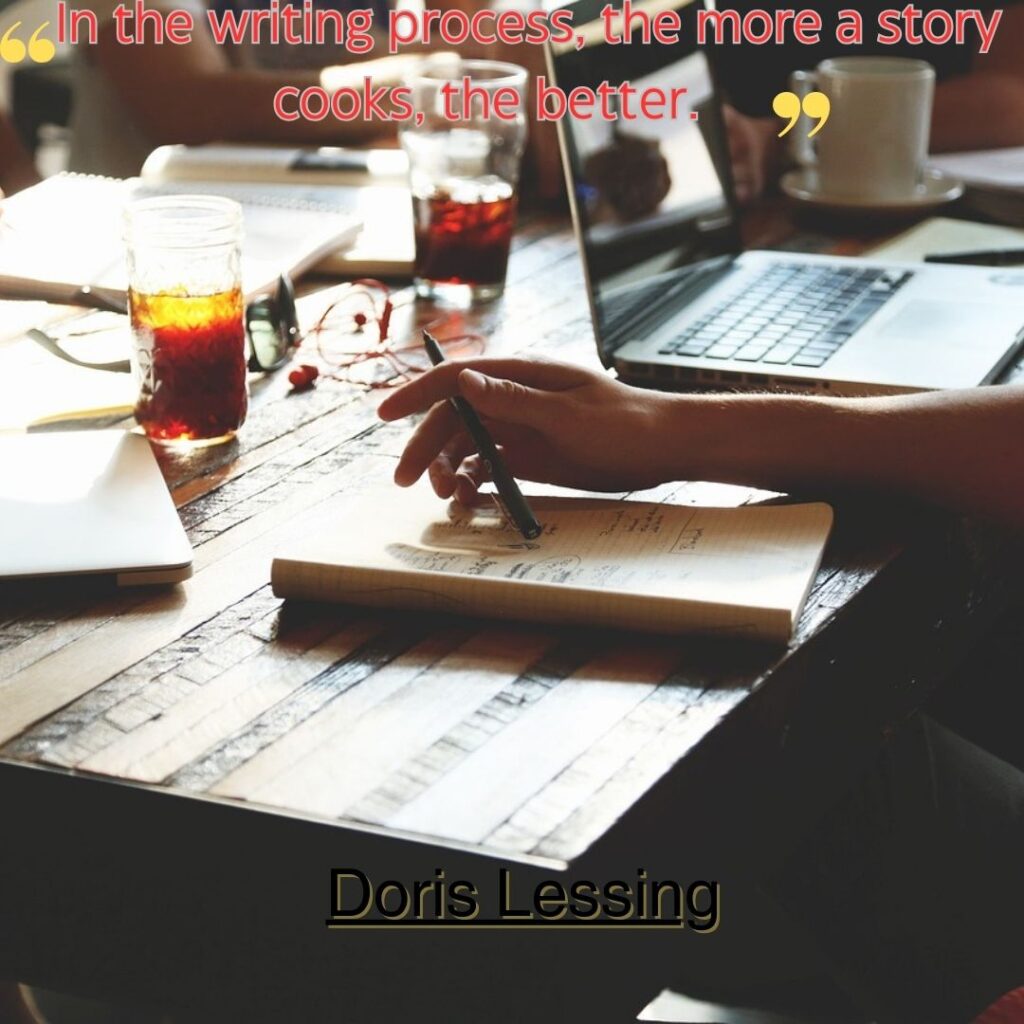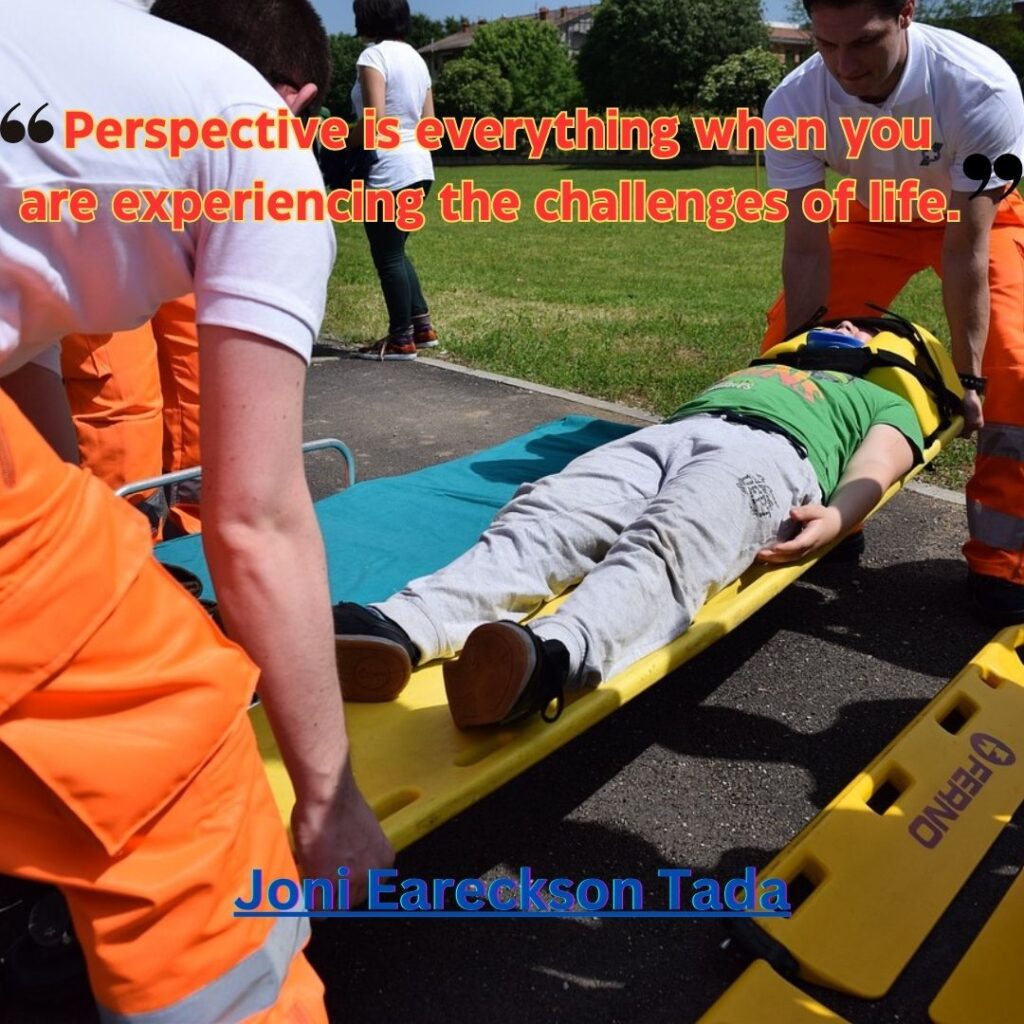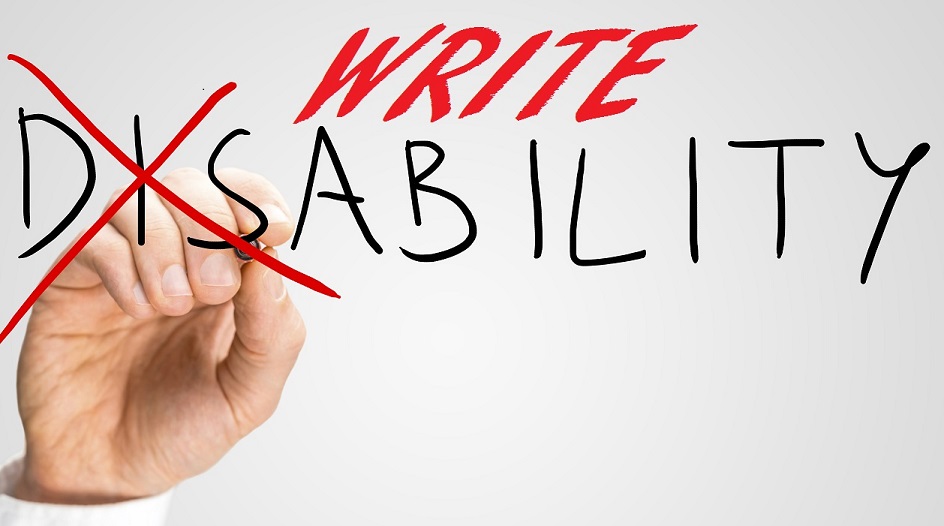Earlier this month, my friend suffered a stroke while working. He struggled with the effects of the stroke on his body. After starting physical therapy, he was eager to return to work and his daily routines.
Since I’ve suffered both strokes and a traumatic brain injury (TBI), I decided to share my experience of life after a stroke. Some things may never return to normal and we need to accept our lives have changed.
- Inpatient
- Depressed
- Struggle to focus
As hard as it is to believe, we need to understand there is a reason for the rehabilitation process. It is a time to test our abilities. It is a season to learn how our lives have changed. The hardest part is learning we cannot rush recovery; it takes time to gather and process the information.

It’s a Process
Let’s be honest, no one likes to wait, especially when it comes to life events. We set goals and make plans and hope to achieve them. We are taught that if we put in the work and believe, we can do anything.
And then we are off in a sprint towards our goals. This can be devastating for a person with a TBI or health issues because it puts us at a higher risk of injury. That is why we need to understand the recovery process is a grueling marathon, not a fast-paced sprint.
The rehabilitation process is a systematic way of assessing limitations and strengthening our areas of weakness. Skipping any step in the process will affect an individual negatively in the long run.
My accident humbled me and slowed my life and body down; I had to learn to listen to others who understood my brain injury better than I did. I also needed to trust others and the recovery process.
I learned to take health matters more seriously if I wanted my life to improve. It was clear to me that I needed to slow down to rest my body and my brain. This is also true for writers who are serious about pursuing a writing career.

The Writing Race
If you are like me, you like to be productive as a writer and you understand the need to be proactive as a writer. Isn’t that why so many of us set word count goals for each day?
Unfortunately, some writers focus too much on quantity rather than quality. As a freelancer, I sometimes think I can make more money if I can write more words. However, trying to get more words down quickly can have a negative impact if the quality of the words written is subpar.
FYI, I write using speech dictation software and can write a lot of words in a short amount of time, but my words have to work—they need to be quality content. Clients and their audiences don’t like poor quality or filler words. If our words lack power or influence, then they are useless.
I can also make hasty mistakes by writing quickly and for a perfectionist like myself; careless mistakes are like salt in the wound on top of poor-quality content. As writers, we cannot rush the writing process or the publication process. Below are some tips to navigate your writing process.

- Identify the next step: don’t attempt everything at once.
- Give that next step your full attention.
- Recognize when it’s good enough.
- Take breaks.
- Edit later.
I was taught to be professional in my writing at all times. Nothing says amateur like rushing the writing process. Professionals learn the craft and hone their skills. It doesn’t matter if we meet our word count if my words don’t make sense. One of my life hacks is to focus on quality more than quantity.
Quality
if you have ever suffered a health issue or near-death experience, you’ve heard the doctors discuss the “Quality of life” implications and effects that follow life-changing events. I can attest that surviving an accident isn’t always positive if it severely hinders one’s quality of life.
TBI and stroke survivors quickly understand their lives have been changed forever and they must learn to focus on a new quality of life. I will be blunt; my standard of life is not like most people who take simple things for granted.
Many people focus too much on big accomplishments and temporary happiness. The quality of life for a disabled person may be different but is still a valuable life. I try not to focus too much on what I do or don’t have, because I almost lost it all.

- Health
- Faith
- Possessions
This month my friend, who had an epileptic family member (whom I mentioned last month), had another family member diagnosed with brain cancer. This diagnosis came while the family was at the hospital together with the aforementioned family member.
She was so concerned about getting one family back to normal life, that she didn’t expect another to have health issues. Now her doctors are assessing the quality of life for yet another family member after trying to rush through the recovery of another.
Have you learned not rush the process?

Martin Johnson survived a severe car accident with a (T.B.I.) Traumatic brain injury which left him legally blind and partially paralyzed on the left side. He is an award-winning Christian screenwriter who has recently finished his first Christian nonfiction book. Martin has spent the last nine years volunteering as an ambassador and promoter for Promise Keepers ministries. While speaking to local men’s ministries he shares his testimony. He explains The Jesus Paradigm and how following Jesus changes what matters most in our lives. Martin lives in a Georgia and connects with readers at MartinThomasJohnson.com and on Twitter at mtjohnson51.





No Comments